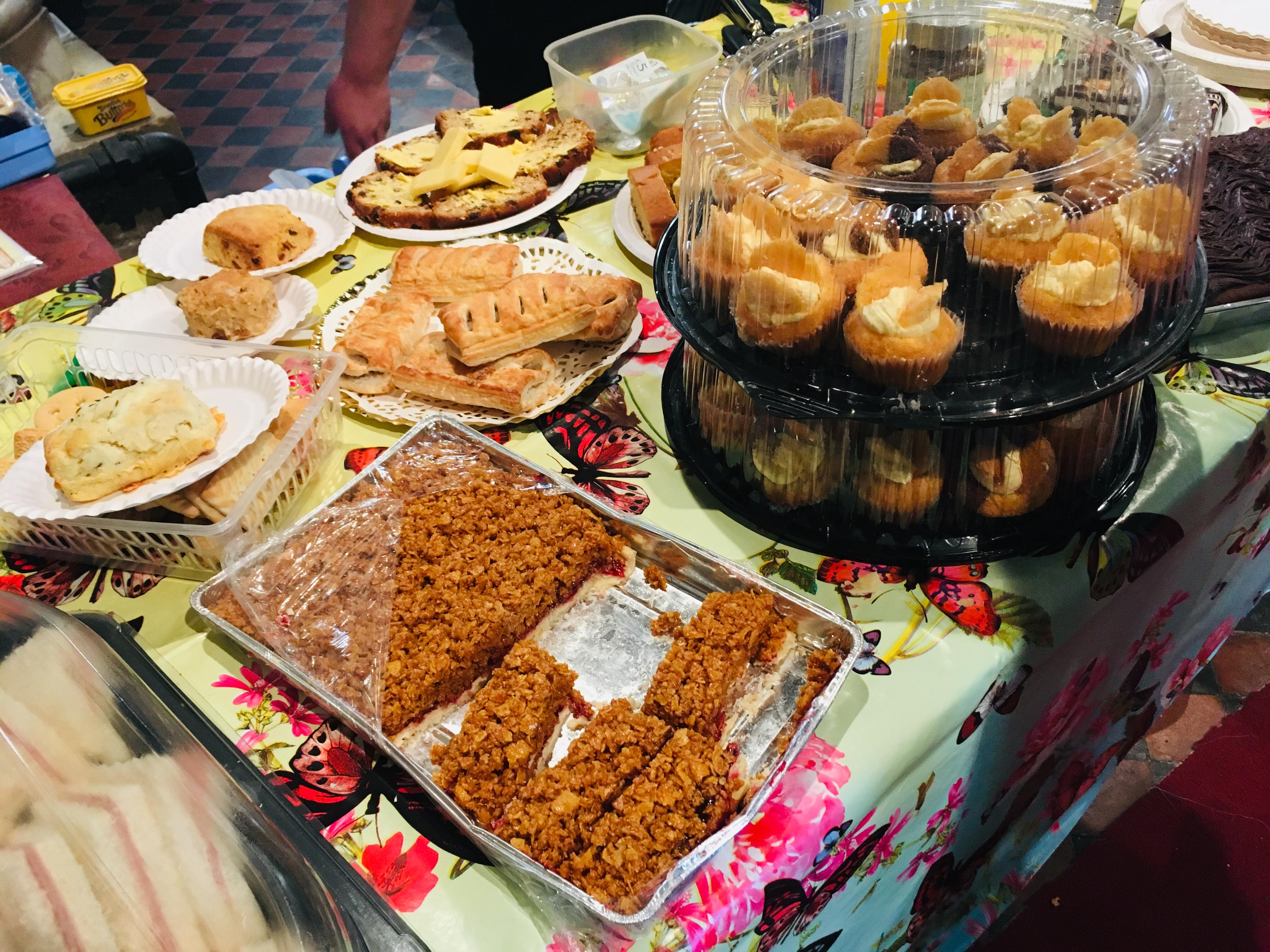
Ideas for local fundraising
All major donors (grants givers and individuals) will want to see that there is local support for your project, and that local people are involved.
A great way to do this is by organising local fundraising and events.
You may have a target amount to raise through local fundraising, but they are about much more than the money. They are also about getting people involved, giving local people a chance to support the project (in whatever way they can) and giving you a way to connect your building with your local community.
Many people find it difficult to ask others for donations. Think about the last time you gave. What was it about the appeal, the project, the way that you were asked that made you give? If you spend some time reflecting on your experiences, it will help you to discover how to be an effective and comfortable fundraiser.
Be innovative, and engaging, and don’t forget to advertise as widely as possible.
1. Ideas
One of the best ways to get ideas for successful events is to see what others have done, AND to try and link them to your building (perhaps to a part of your social heritage). Remember also to try and include children’s activities, to attract local families.There are, of course, a few old favourites:
- flower festivals
- summer fairs
- christmas tree festivals are a few
- dinners
- online events
- auctions
- sponsored events including Ride + Stride
- renting space/venue hire, including car parking
- CAFOD : ideas for fundraising
Many local stores now have schemes (e.g. Tesco, Co-Op, Greggs, ScrewFix etc.) in place to support local projects too, best to enquire with them or to search their websites for further details.
2. Advertising
Fundraising and fundraising events take a lot of time and effort. Don’t waste it by not advertising properly.
Use your congregation: encourage them to distribute flyers everywhere they go including doctors surgeries / shops / to their friends, and across their social media platforms. Also find local listings in print and digital form.
And:
- Display posters far and wide, not just within your village or community
- Make sure your activity or event is included in all local listings: newspapers / radio / online
- On the day: make sure it is clear that something is happening with posters / banners and balloons
3. Evaluating
You should evaluate every fundraising activity or event you organise.
Analyse aspects like how much money did you raise (against how much you spent), how many visitors came (then you can work out an average), how much effort went into organising (could it be done again more easily). You could also ask visitors for their feedback (don’t be afraid of negative comments, they can help you improve for next time).
This information will help you gauge the success of each activity or event, and be used for planning what to do (or what not to do) next.
